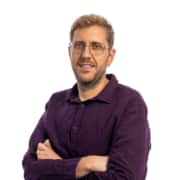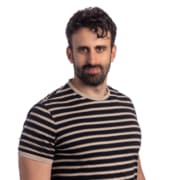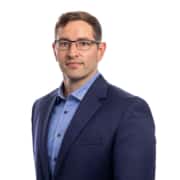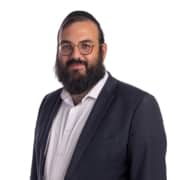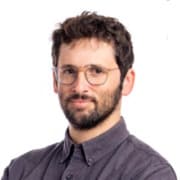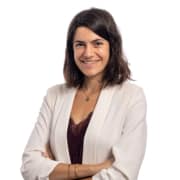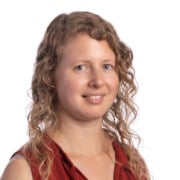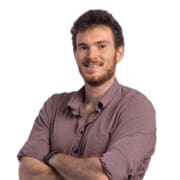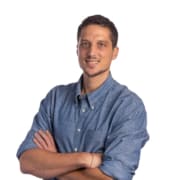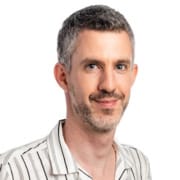Dr. Rolando Carbonari is an Azrieli International Postdoctoral Fellow in the Fredy & Nadine Herrmann Institute of Earth Sciences at the Hebrew University of Jerusalem under the supervision of Prof. Simon Emmanuel.
His central research interest is the application of machine learning and deep learning solutions to geological problems.
As part of his Azrieli- sponsored research, Rolando is working on automating digital rock analysis: a crucial step in subsurface characterization, which helps quantify rock porosity, permeability, and mineralogical composition. This is currently performed by analyzing digital data from microscope images and X-ray computed tomography. As this process is time-consuming and costly, Rolando is hoping to develop an automatic image analysis tool that will help to assess the mineralogy and quantify the quartz cement and porosity in sandstones and will be accessible as an open source software for all earth scientists.
Rolando was born and raised in Naples, Italy. He completed a BA and MA in geology with a specialization in geophysics at the University of Naples Federico II, where he then went on to pursue his PhD under the supervision of Prof. Rosa Di Maio, focusing on the application of electromagnetic geophysical methods. After a brief period as a data scientist in Milan, Rolando embarked on a two-year postdoctoral position at Oregon State University under the supervision of Prof. Adam Schultz, exploring the application of machine learning techniques to optimize geothermal drilling efficiency. When not engaged in research, Rolando enjoys reading, travelling, and cooking.
